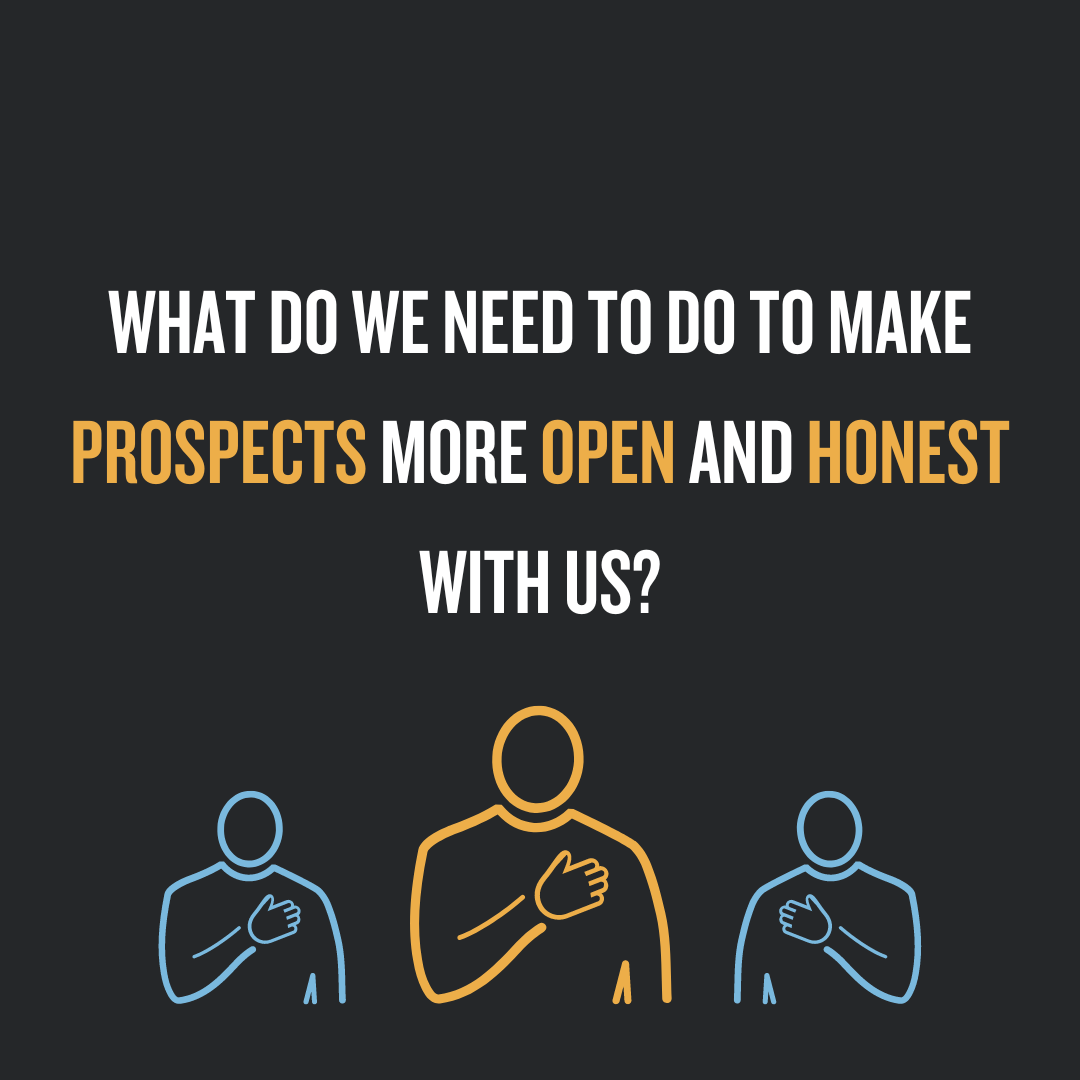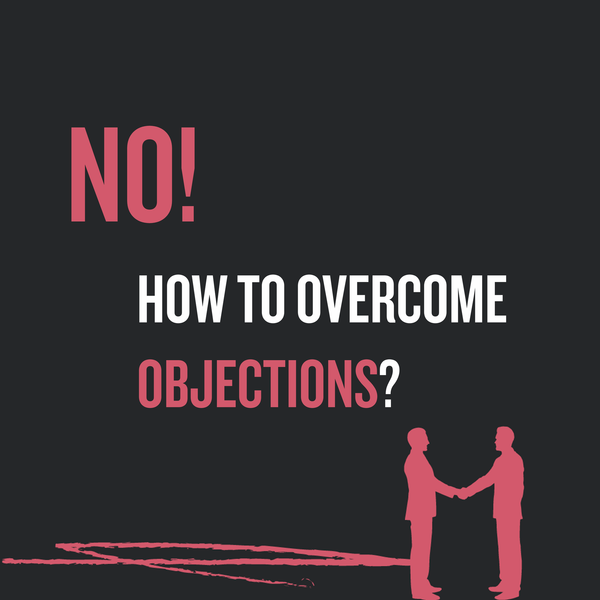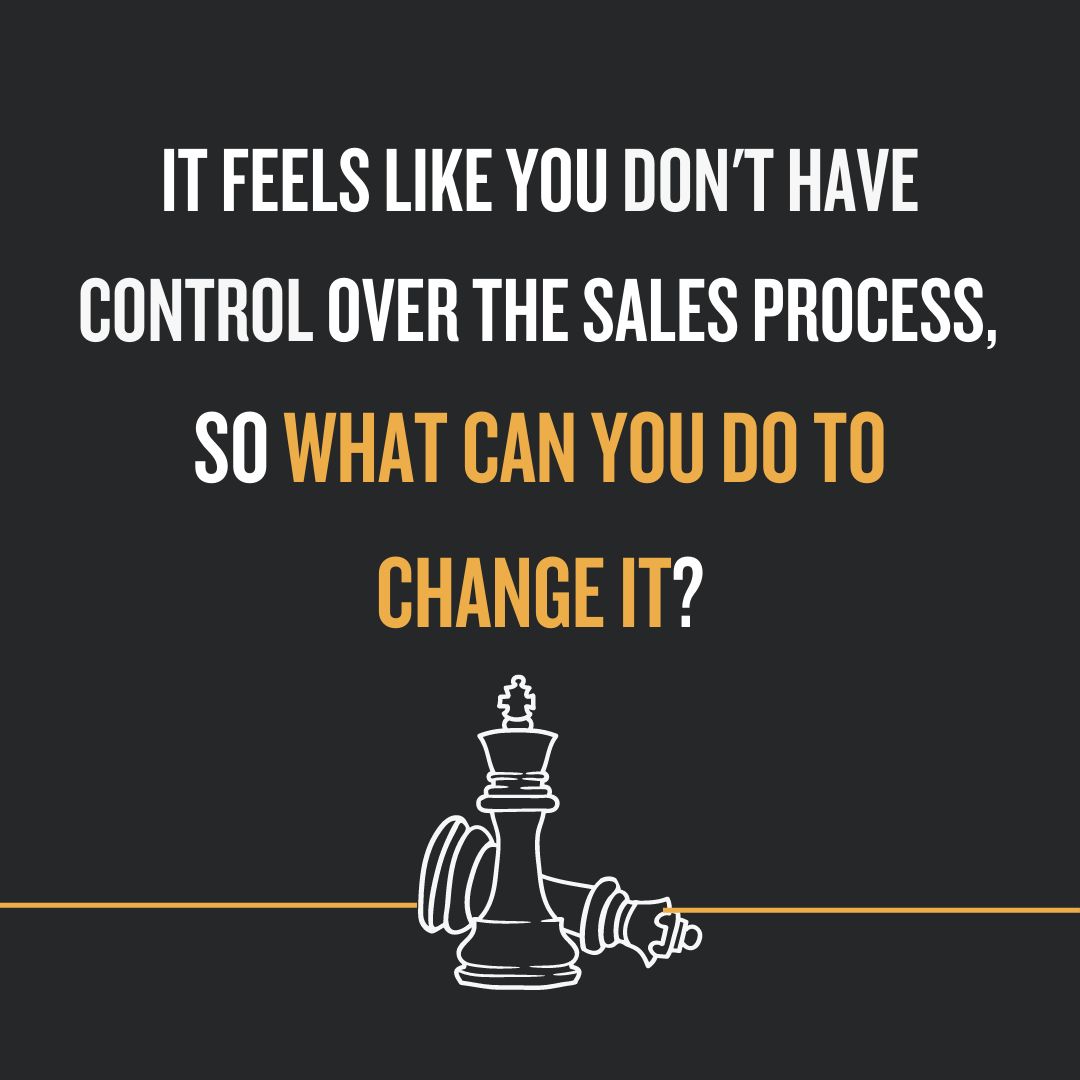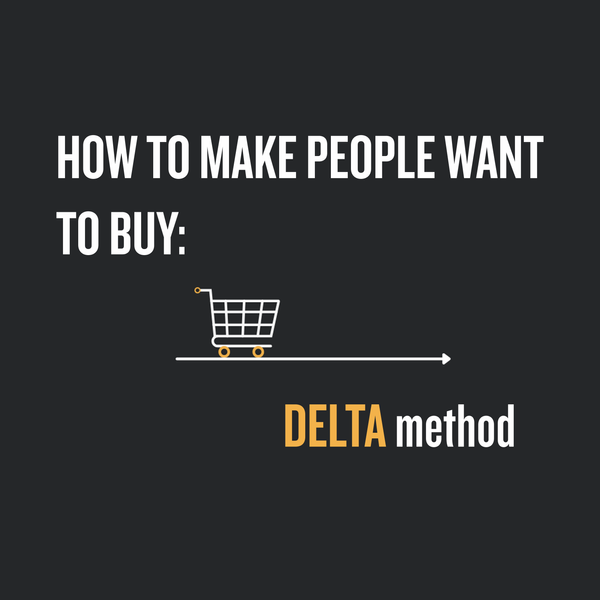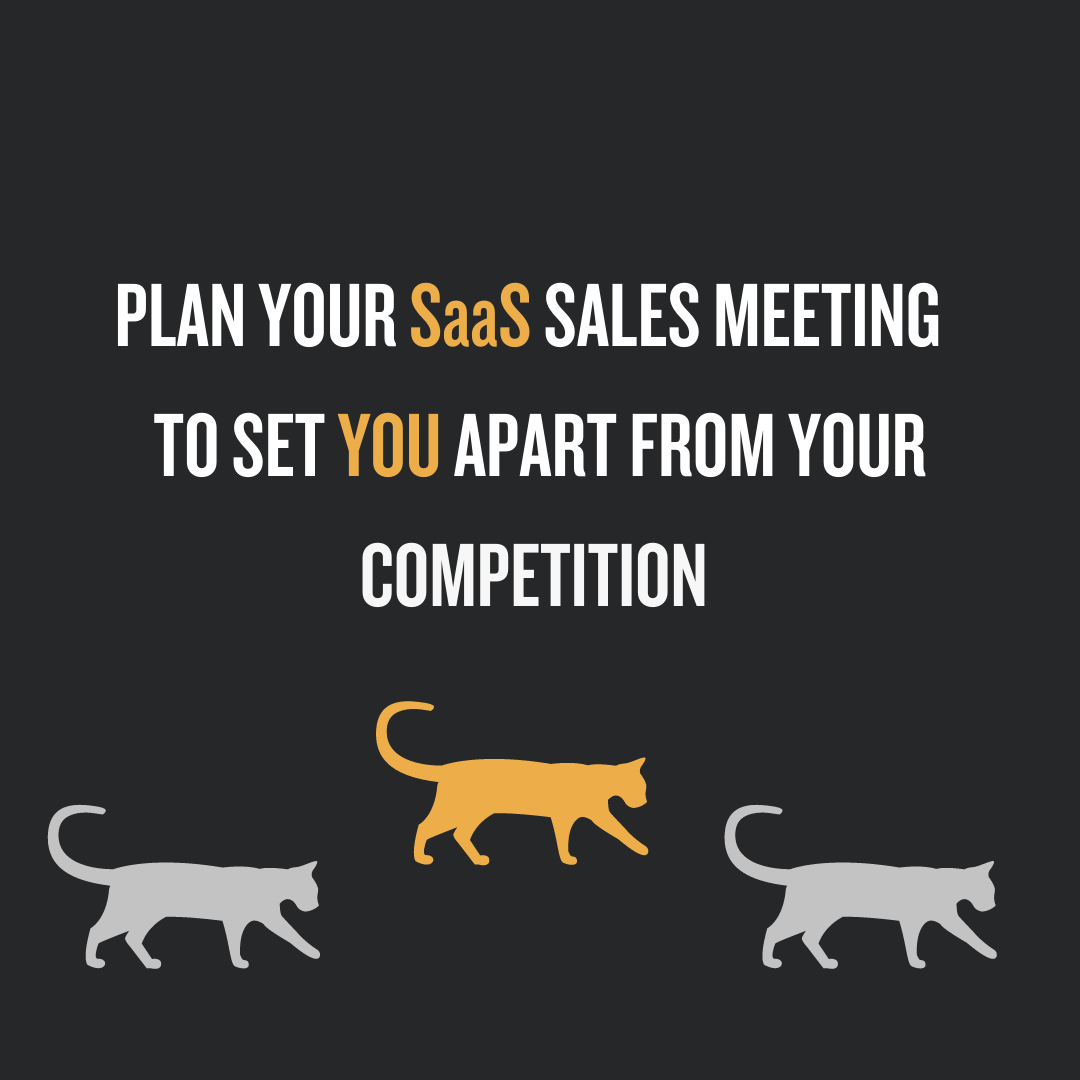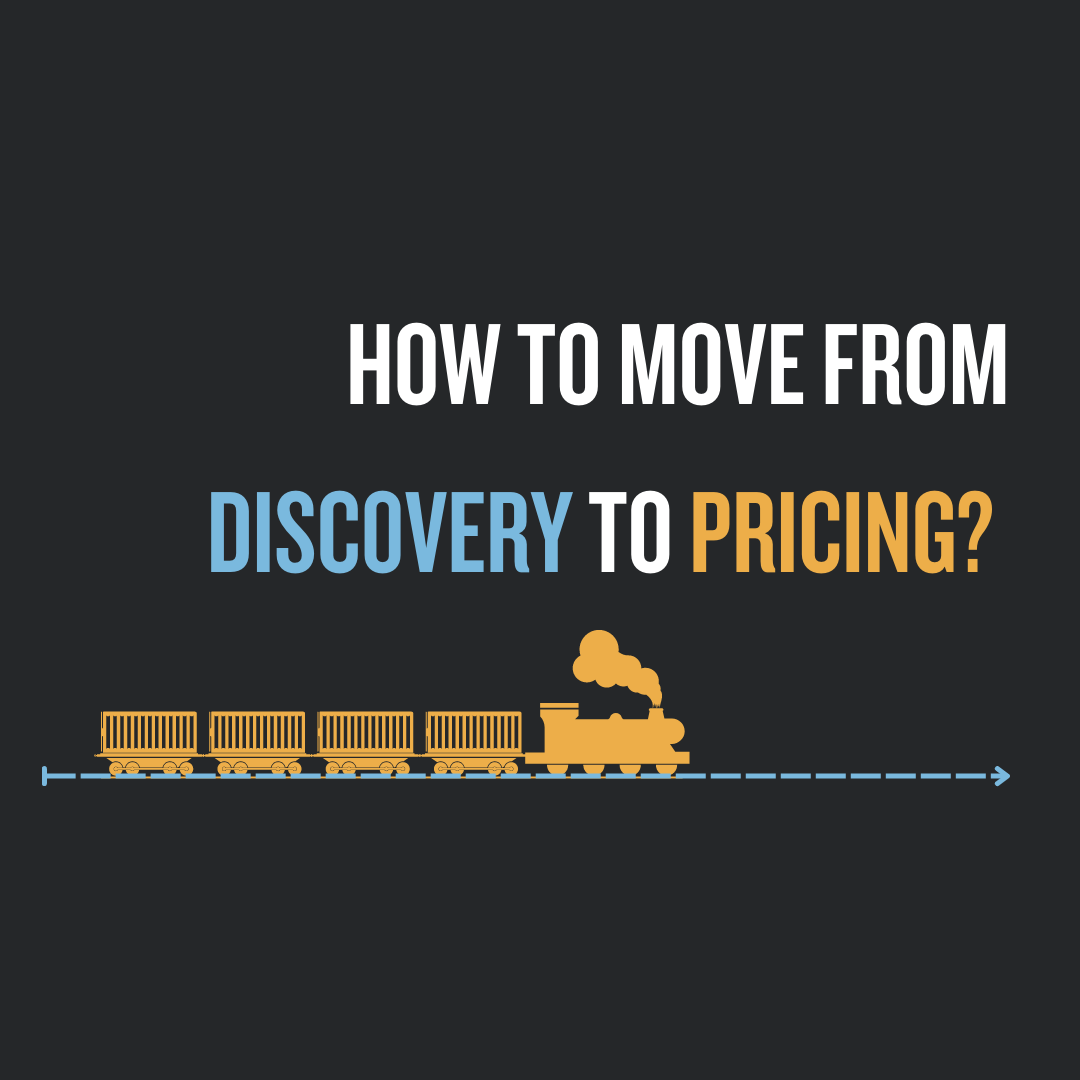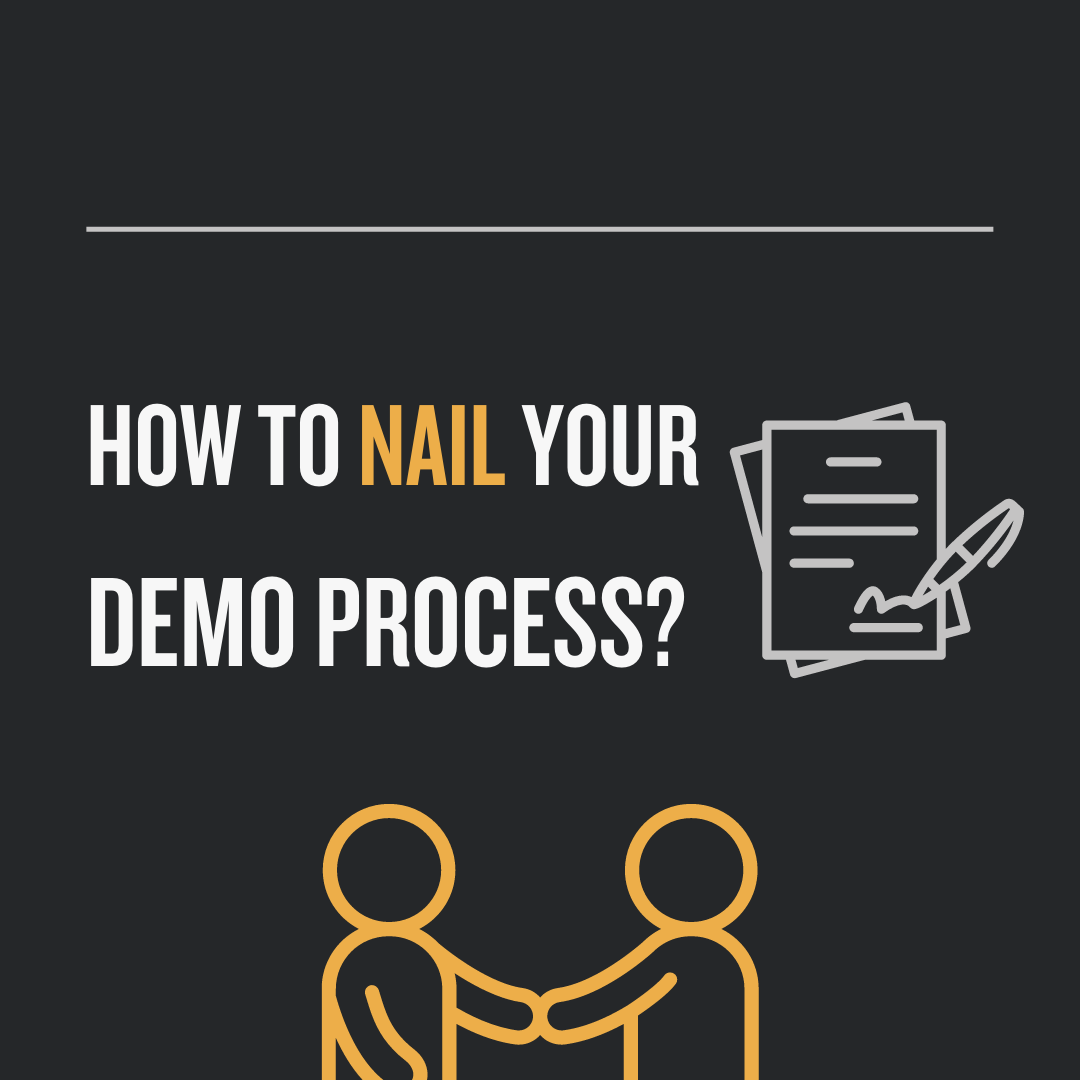Naturally, there is always a disconnect between the sellers and buyers world. And this prevents the seller from understanding the buyer, therefore selling the product.
Why does this happen?
The thing is, buyers rarely tell the truth. So, they will offer to sellers, in the best-case scenario, 80% of it.
Ironically, as it is, answers to all seller’s questions usually lie in that unspoken 10%. So, what do we do then? Sellers can't force answers out of their prospects and can’t read their minds...yet. Then what do we need to do to make prospects more open and honest with us?
The answer to this question is pretty easy: you just need to understand your prospects and customers on a deeper level than you ever thought possible. And to do that, you will need a few great sales questions.
Great sales questions are religiously studied by any sales professional. Why? To keep it short: great questions help you get the insight you need to close deals. When you know what those questions are and how to use them, they become your ultimate tool for any sales conversation.
With great sales questions, you will dive deeper into the buyer’s world. Targeted questions not only motivate your buyer to talk but will demonstrate your empathy towards prospects, and will establish you as somebody who will listen to their frustrations. Great sales questions will create an honest and trusting environment for both you and your buyer.
Remember, great salespeople, are talented listeners. If you let your prospect talk, you will allow them to facilitate awareness of their needs and help them draw their own conclusions. Your prospect must come to see their problems on their own and understand the need in taking action. And that is why you need to study great sales questions.
Worksheets are available to download later below.
So, there are six ultimate types of questions for your prospects, and we will look through all of them:
Educational questions
As a seller, you need to make an impression on your client, right? You need to come across as a reliable, smart, and useful adviser. And the best way to show your intelligence to your client is to ask intelligent questions.
For this exact purpose, we’ve got educational questions. They will set you apart from your competitor and will give you some bonus points in the eyes of your buyer.
Show your intelligence, but don’t brag about it. What I mean here - is be attentive and don’t overuse educational questions. Once or twice is absolutely enough to show that you’ve done your research and are ready to offer a solution to your buyer’s problem.
Timing is very important as well. So, use educational questions in a few specific situations like a teaser on a voicemail to get prospects to return your call, at the beginning of a meeting to use as an icebreaker, or when a sales conversation is stalled.
Example: "A recent article in the Wall Street Journal suggests that 75 percent of technology companies use foreign developers to build out their platforms. One of the challenges seems to be the language barriers and laws governing foreign workers. How do you manage those issues with your IT staff?"

Lock-On questions
To sell your product, you need to understand buyers’ real needs, and that’s where lock-on questions come in handy. You need to be attentive, and be able to grasp something that will help you to understand at least the initial problem of your prospect.
The biggest risk with lock-on questions is to turn your conversation into an interrogation. The seller must be forward but not aggressive, therefore you better use lock-on questions only if the prospect already feels comfortable with you and you showed empathy towards their problem.
Example: If your prospect says: "We have been trying to get this project launched for months now," you might want to follow up with: "I noticed you used the word trying. What has worked so far, and what's standing in your way?"

Impact questions
Remember I said a perfect seller is a good listener? Well, the strategy of impact questions requires good listening skills and extreme attentiveness.
At this point, you need to be aware of the problem your buyer is facing. Because the purpose of this strategy is to show your prospects the potential impact of their problem.
Impact strategy is a turning point in the selling conversation and will become an important part of your dialog. Here you are allowing the prospect to talk about their frustrations and relive their problem. That’s how the buyer becomes extremely aware of their problem and wants to solve it almost ASAP.
In most cases, customers have never taken the time to deeply analyze their problems or calculate just how much they might be costing them. Phrase your questions to make the prospect think of the consequences and hit them with some well-targeted questions.
Example: "What do you think the impact on your company will be if you decide to do nothing?"
"What impact do you think this problem could have on you within the company?"
"When you have this problem, how much do you think it will cost you to fix it?"
"How much time do you spend dealing with this problem daily? What else do you think you could accomplish if you got that time back?"

Expansion questions
This process helps you as a seller to get into the buyer's headspace and therefore understand the greater needs of your buyer.
For example, if your customer tells you a story, reveals their thought process, or gives you a peek into how their company makes decisions, the more likely you are to gain insight into how you can help them.
Example: Ordinary questions like “Who is the decision-maker?” or “What is your time frame?”
Can be easily changed into expansion questions like:
“Walk me through your company’s decision-making process.”

Comparison questions
Comparison questions allow buyers to compare one thing to another. If you want to get more clarity on your prospect's priorities, comparison questions are the best tool for you.
These questions help you determine what has happened in the past, what is likely to happen in the future, and how priorities might change over time.
Comparison questions will also help you figure out who makes the big decisions in the organization. Comparison naturally helps to understand how your prospect differentiates themselves from their competition.
And the most important part, comparison can open the door to new solutions your prospects might not have considered before.
Example: Turn regular and boring questions like “Who are your competitors?” into comparison “Your customers have a lot of choices today. Tell me what you believe are the unique attributes that set you apart from others in your market.”

Vision questions
After you’ve listened and talked the prospect through their problems and possible solutions - it’s your time to shine. Vision questions are there to present you as the best choice to solve a customer’s problem and achieve their dreams.
Example: “If we could eliminate that problem you have - the one that is costing you $2 million per year, what would it mean to you and your organization? What would it mean for you?”

To sell your product prospect needs to think about it. Great sales questions help rephrase your questions to make them more engaging and stretch the customer's thought process.
With these questions, you can gain more insight into your customers' personal issues, professional goals, corporate objectives, market trends, competitive threats, customers, industry trends, and more.
Try this basic yet powerful approach to understanding your customer’s values, beliefs, motivations, and aspirations, and achieve your sales goals better than ever before!


